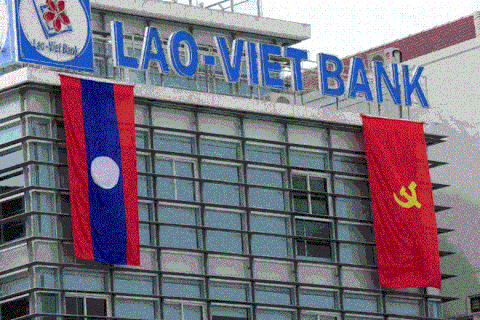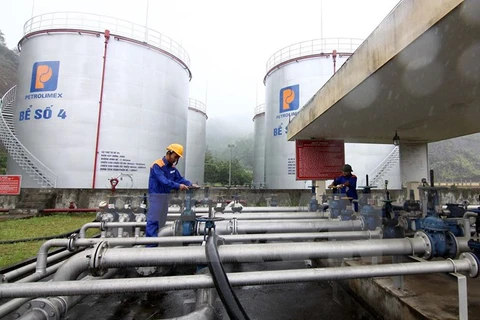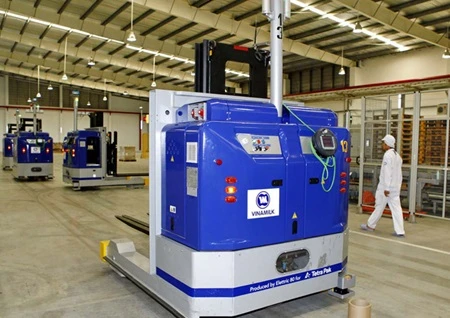State-owned enterprises (SOEs) must be responsible for using State capital effectively and reporting any of new developments to higher authorities and financial management agencies.
Under a recent decree, SOEs are allowed to invest beyond their core areas or abroad, but cannot use assets that are loaned, borrowed or outsourced for that purpose. The decree will take effect on December 1.
Each year, they are required to take stock of the working capital disbursement and reserve funds.
Another freshly-promulgated decree focuses on the apparatus, management and activities of national defence and security businesses. The ministries of National Defence and Public Security will decide the organisational structure for each business, including the boards of members, general directors, controller or chairman, general director and controller.
They must be affiliates under the ministries of National Defence and Public Security, working in service of national defence and security, and performing regular defence and security tasks using State resources, as well as supplying relevant products or services.
They are entitled to land use tax reduction or exemption and State funding for salaries and social insurance payments, among other things. The decree also specifies perks for workers in these companies.
For a new decree on aviation security, first-time violators who threaten to use bombs, mines, explosives, radioactive substances, biological weapons or fake identification or disrupt public order at airports will be banned from travelling by air for three to 12 months.
Second-time and multiple offenders will face one to two years or a permanent air travel ban, respectively.
Security staff aboard are equipped with appropriate weapons and support tools, and will act under the command of the aircraft conductor.
Upon learning of any security threat, the aircraft conductor must promptly alert emergency staff at airports and take necessary measures to ensure flight safety.
The decree is to come into force on November 27.-VNA






















